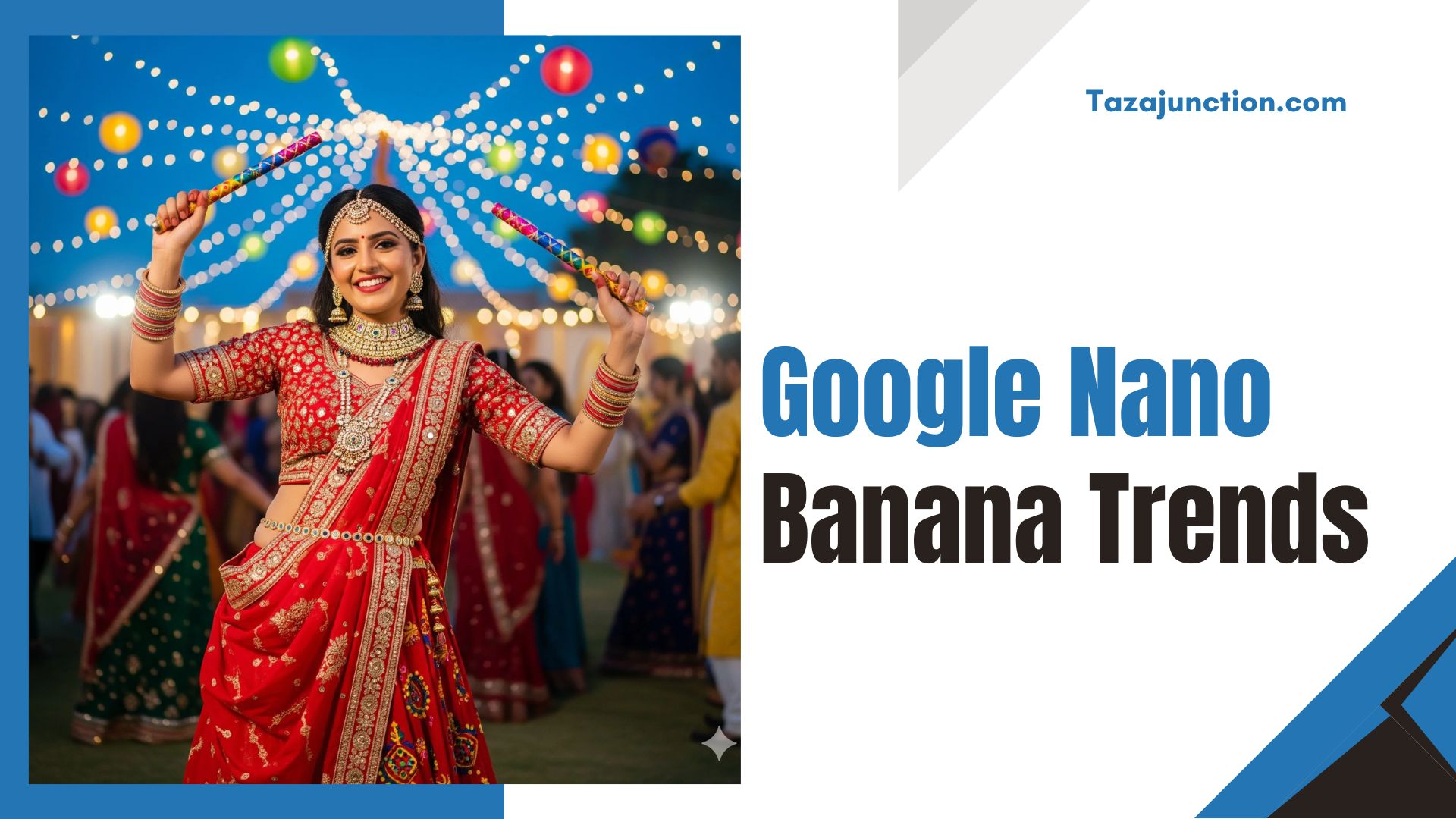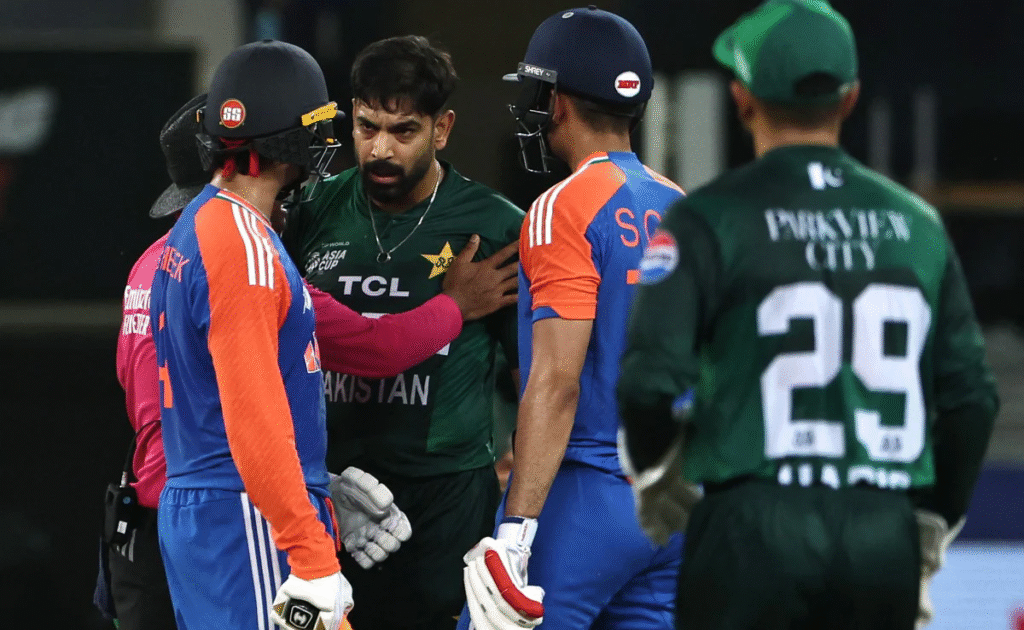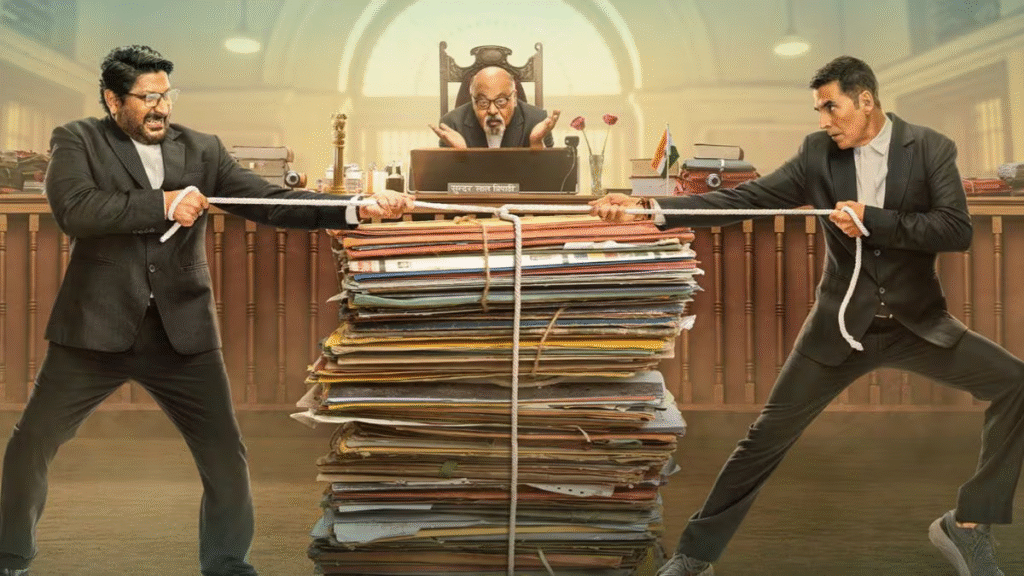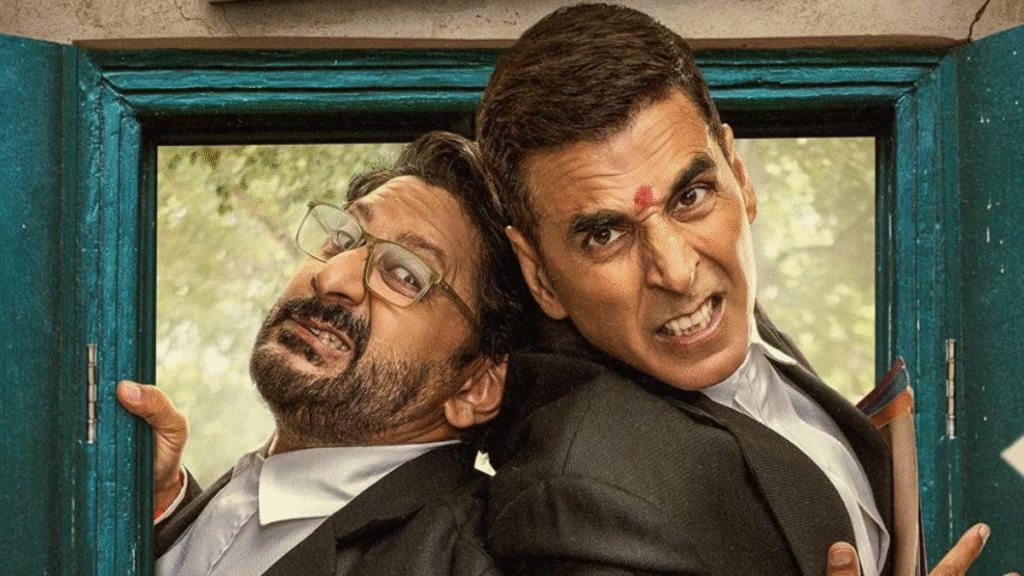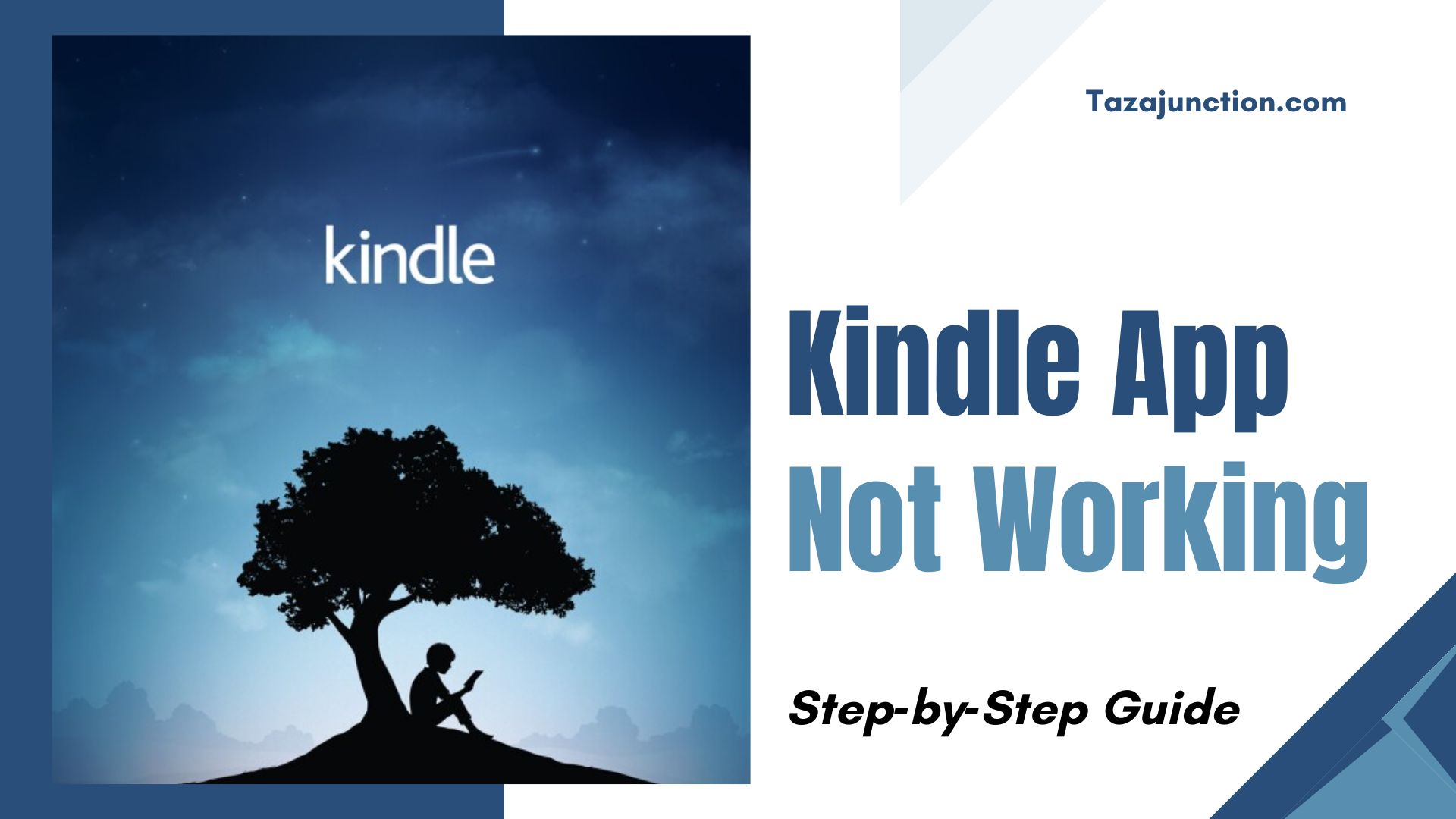Artificial intelligence is no longer confined to technical labs or niche industries—it has entered the cultural mainstream. One of the most fascinating examples is the rise of Google Nano Banana trends, which are reshaping how people celebrate festivals, capture memories, and even present themselves professionally.
From Garba-inspired outfits during Navratri to retro photobooth-style images for social media, these trends highlight how AI is blending creativity with tradition in unexpected ways.
This TazaJunction.com article explores the most popular Google Nano Banana trends, why they resonate with users, and what they reveal about the evolving relationship between technology and culture.
Table of Contents
What Is Google Nano Banana?
Google Nano Banana is an AI-powered image-editing and generation tool integrated into the Gemini ecosystem. It allows users to transform ordinary photos into imaginative, stylized visuals with just a few prompts.
Whether it’s designing festive outfits, creating professional headshots, or generating nostalgic photobooth strips, the tool has quickly become a cultural phenomenon.
The appeal lies in its accessibility. Anyone with a smartphone and a Google account can experiment with Nano Banana, making advanced AI creativity available to the masses. This democratization of design is at the heart of the most viral Google Nano Banana trends.
Garba Outfits: Tradition Meets AI Creativity
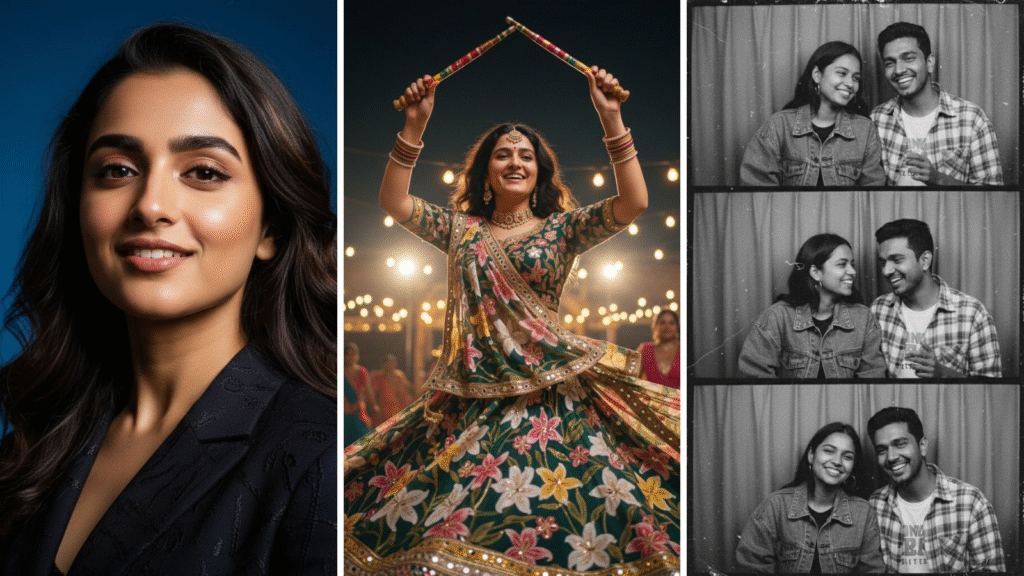
One of the most striking Google Nano Banana trends this festive season has been the creation of Garba-inspired outfits. Navratri, celebrated with vibrant dances and traditional attire, has always been a showcase of cultural fashion.
Now, AI is amplifying that tradition by letting users visualize themselves in elaborate chaniya cholis, lehengas, and dandiya-ready ensembles before they even step into a store.
- Retro Aesthetic: Many users are generating Garba looks with a 1990s Bollywood vibe, complete with grainy film textures and warm sunlight effects.
- Floral Inspirations: Prompts often include references to marigolds or other flowers, influencing the colors and patterns of the outfits.
- Dynamic Motion: AI-generated images capture dancers mid-spin, holding dandiya sticks, creating a sense of energy and celebration.
This trend is more than playful experimentation—it reflects how AI can preserve cultural traditions while giving them a modern, digital twist.
Photobooth-Style Images: Nostalgia Reimagined
Another major highlight among Google Nano Banana trends is the revival of photobooth-style images. Social media thrives on nostalgia, and nothing captures that better than retro Polaroid-inspired strips.
- Four-Panel Strips: Users generate sequences of candid shots with friends, often making funny faces or striking playful poses.
- Vintage Aesthetic: The images feature faded colors, grainy textures, and classic white borders, evoking the charm of old-school photo booths.
- Social Media Appeal: These AI-generated strips are being widely shared as Instagram stories, WhatsApp display pictures, and even printed keepsakes.
By combining nostalgia with modern AI tools, this trend demonstrates how technology can revive cultural artifacts in ways that feel both familiar and fresh.
Professional Headshots: From Casual to Corporate
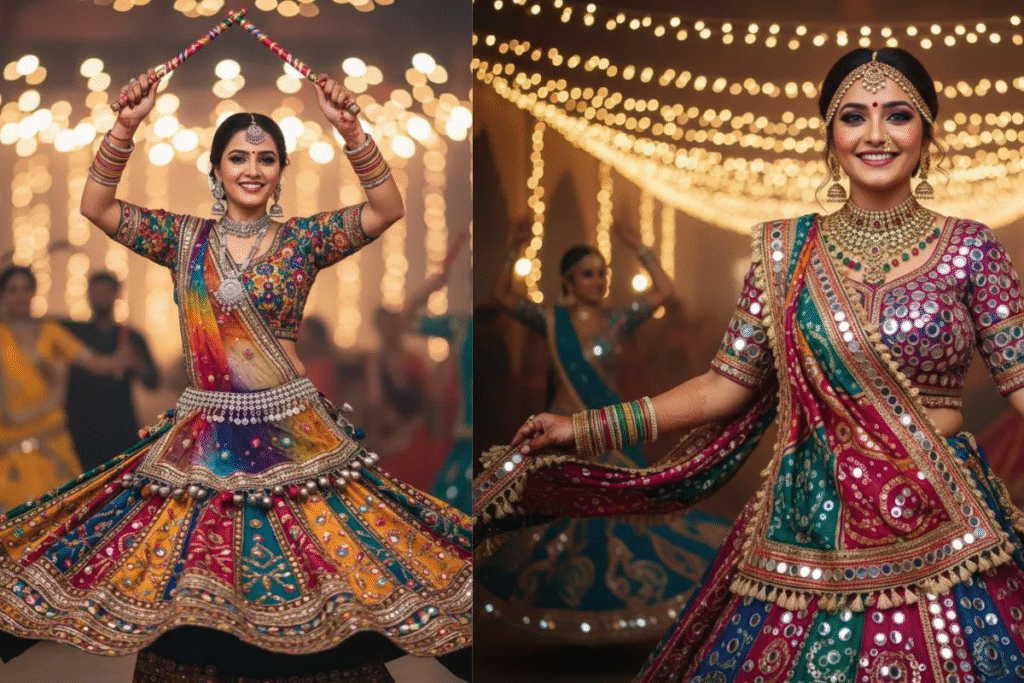
Not all Google Nano Banana trends are about fun and festivals. A growing number of users are leveraging the tool for professional purposes, particularly for creating polished headshots.
- Work-Ready Portraits: Casual selfies are transformed into studio-quality images with cinematic lighting, neutral backgrounds, and formal attire.
- Time and Cost Savings: Instead of booking a professional photographer, users can generate LinkedIn-ready portraits in minutes.
- Personal Branding: For freelancers, entrepreneurs, and job seekers, these AI-enhanced headshots provide a quick way to upgrade their online presence.
This trend highlights the practical side of AI creativity, showing that tools like Nano Banana can be both playful and professional.
Pop Art Stickers and Beyond
Beyond Garba outfits, photobooth strips, and headshots, Google Nano Banana trends also include quirky experiments like Pop Art-style stickers.
Users can turn their selfies into bold, comic-inspired graphics complete with speech bubbles and halftone textures. These stickers are then used in chats, social media posts, or even personal branding campaigns.
Other creative uses include:
- Designing fantasy avatars for gaming communities.
- Generating 3D figurine concepts.
- Blending portraits into surreal, dreamlike compositions.
The versatility of Nano Banana ensures that new trends continue to emerge every week.
Why These Trends Resonate?
The popularity of Google Nano Banana trends can be explained by three key factors:
- Accessibility: The tool is easy to use, requiring no design expertise.
- Cultural Relevance: By aligning with festivals like Navratri or tapping into nostalgia with photobooths, the trends feel deeply personal.
- Shareability: The outputs are tailor-made for social media, where visual storytelling dominates.
Together, these factors create a feedback loop: the more people share their AI-generated creations, the more others are inspired to try them.
The Cultural Impact of AI Creativity
The rise of Google Nano Banana trends signals a broader cultural shift. AI is no longer just a productivity tool—it’s becoming a medium of self-expression.
Just as smartphones transformed photography into a universal hobby, AI is transforming design and visual storytelling into everyday activities.
This democratization has profound implications:
- Festivals and Traditions: AI can help younger generations engage with cultural practices in new ways.
- Identity and Branding: Individuals can experiment with how they present themselves, both personally and professionally.
- Collective Creativity: Shared prompts and outputs create a sense of community, where people inspire each other with new ideas.
Challenges and Criticisms
Of course, the rise of Google Nano Banana trends is not without challenges. Critics point to issues such as:
- Authenticity: Are AI-generated Garba outfits diluting the authenticity of traditional attire?
- Over-Reliance: Will people lose interest in real photography or handcrafted design?
- Privacy Concerns: Uploading personal photos to AI platforms raises questions about data security.
These concerns highlight the need for responsible use and thoughtful integration of AI into cultural practices.
The Future of Google Nano Banana Trends
Looking ahead, Google Nano Banana trends are likely to expand in scope and sophistication. As AI models become more advanced, users may soon be able to:
- Generate entire festival scenes with multiple participants.
- Create interactive photobooth experiences with animated elements.
- Design hyper-realistic professional portfolios directly from casual snapshots.
The possibilities are endless, and the pace of innovation suggests that today’s trends are just the beginning.
Conclusion
The rise of Google Nano Banana trends illustrates how AI is reshaping creativity in everyday life. From Garba outfits that blend tradition with digital artistry to photobooth-style images that revive nostalgia, these trends show that AI is not just about efficiency—it’s about expression, culture, and connection.
As more people experiment with Nano Banana, the line between technology and tradition will continue to blur. What remains clear is that AI has become a powerful tool for storytelling, celebration, and identity in the digital age.

